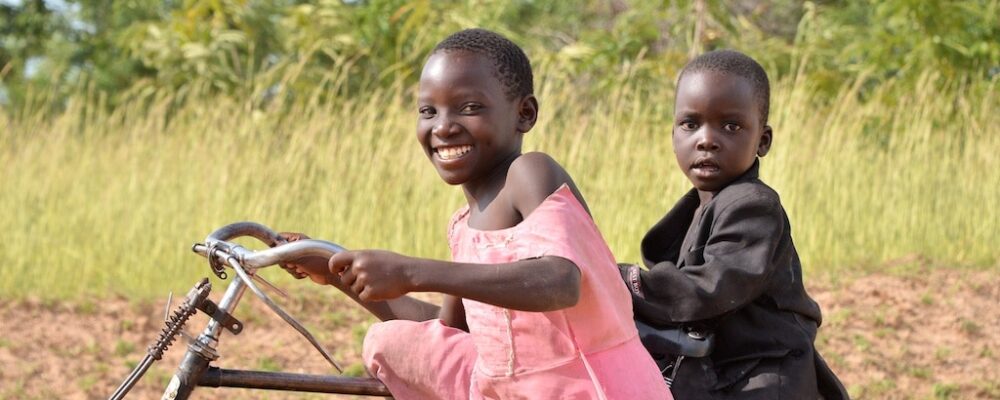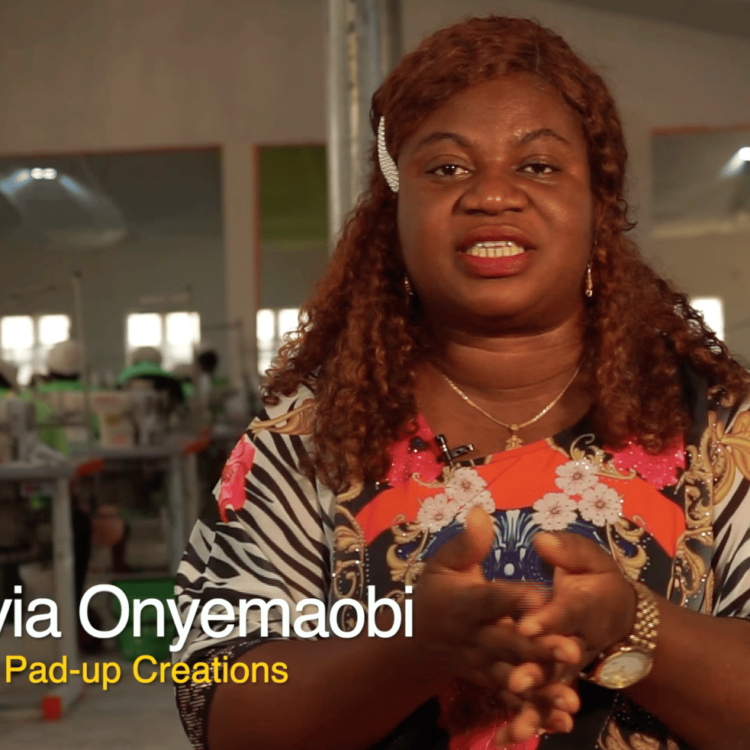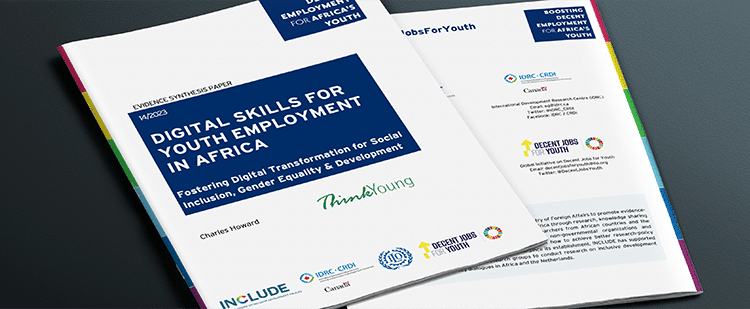
The annual conference at the Centre for the Study of African Economies, Oxford University is a great opportunity to update yourself on what is happening in development economics research on, and from, Africa. The 2019 conference featured numerous interesting studies, of which many link up with INCLUDE’s knowledge agenda and focus areas for the coming four years: 1) work and income for youth and women, 2) economic growth and structural transformation, 3) access to basic services (particularly education), and 4) political empowerment and participation.
Although there are many more, we highlight here four insightful papers presented at the conference relevant to INCLUDE’s focus areas:
‘Wheels of change: impact of bicycles on female education and empowerment in Zambia’: Linking up with the focus area access to basic services and education, this paper looks at what happens when you provide school-age girls in Zambia with a bicycle? This paper showed that girls with bicycles spend 35% less time each day traveling and miss 30% less school. In addition, measures of empowerment increase. (Fiala et al., 2018)
‘The long term impacts of grants on poverty: 9-year evidence from Uganda’s youth opportunities program’: Cash transfers have the potential to kick-start young entrepreneurs and can have a positive spill-over effect on other youth, improving work and income for youth. This study showed that nine years after giving grants to youth in Uganda to start a business, by way of income, those who did not receive a grant had caught up anyway. Nevertheless, the study found that “grants had lasting impacts on assets, skilled work, and possibly child health, but had little effect on mortality, fertility, health or education”. (Blattman, Fiala, & Martinez, 2018)
‘Youth employability and peacebuilding in post-conflict Côte d’Ivoire’: When youth are part of cash-for-work programmes it generates empowerment and community participation. This study found that participating in a youth cash-for-work programme in Côte d’Ivoire “significantly increases the likelihood of attending community meetings by 20 percent, trust in family members by 17 percent, and trust in colleagues by 25 percent”. (Kimou, Ballo, & Barry, 2018)
‘Women’s political participation and intrahousehold empowerment: evidence from the Egyptian Arab Spring’:Participating in a political movement has positive influences on women’s personal and household levelpositioning. This study found that the Arab Spring democratic movement in Egypt led to “a significant improvement in women’s final say regarding decisions on health, socialization and household expenditure, as well as a decline in the acceptation of domestic violence and girls’ circumcision, in the regions most affected by the protests”. (Bargain, Boutin, & Champeaux, 2018)




